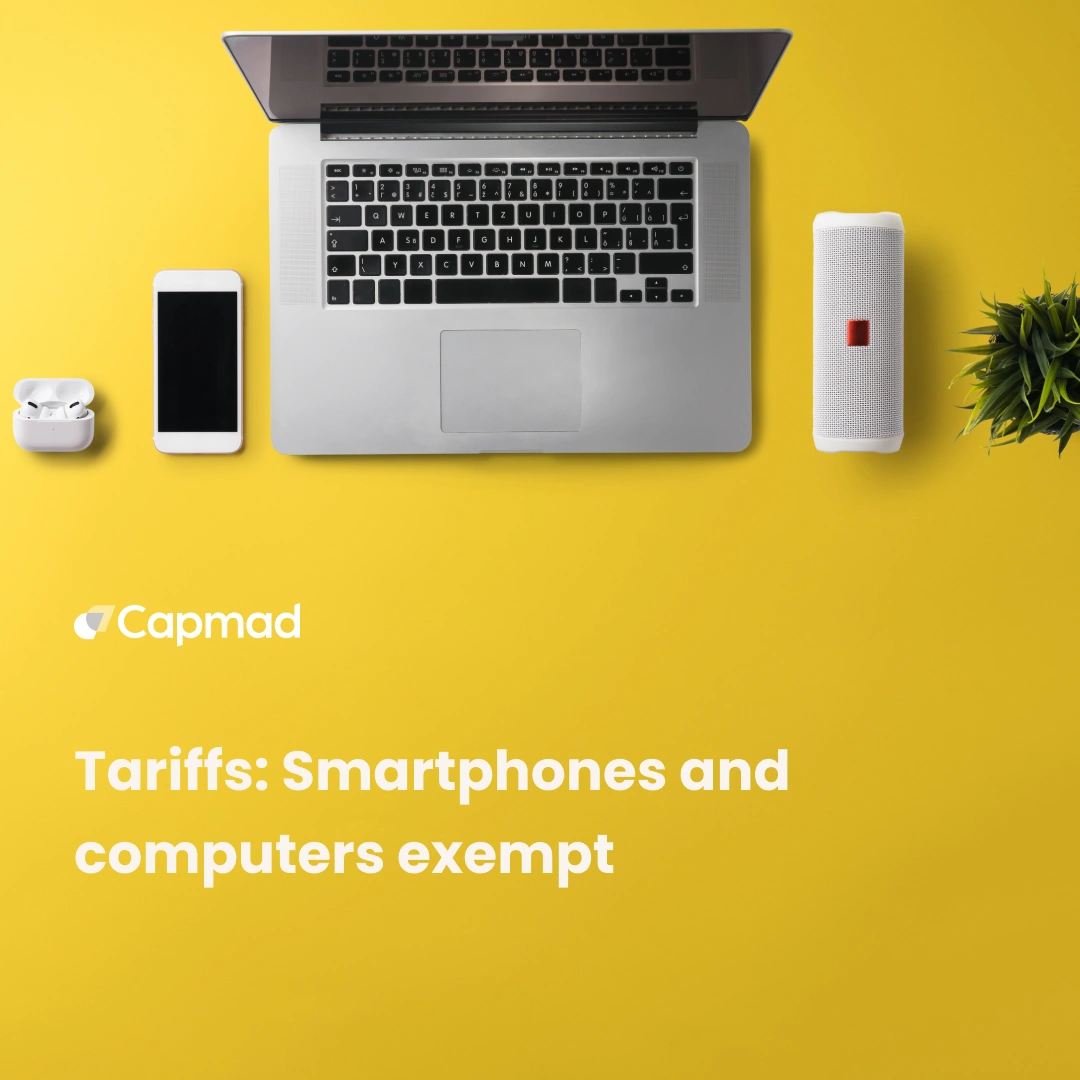The IMF reaffirms its commitment to continue supporting Senegal in the face of current economic challenges. Following his meeting in Dakar with President Diomaye Faye, the Director of the institution’s African Department stated that these challenges include fiscal transparency and public finance.
The IMF appears willing to relaunch an assistance program
This visit follows an IMF mission to Senegal from March 18 to 26, 2025, which aimed to review the country’s financial situation after the revelation of errors in the data provided by the previous administration. Indeed, an audit by the Court of Auditors showed that Senegal’s debt actually amounted to nearly 100% of GDP, compared to approximately 74% previously announced.
Despite these revelations, the IMF appears willing to restart an aid program as soon as possible. Edward Gemayel, head of the IMF delegation, recommended prioritizing current spending in preparation for a new program that could unlock financing.
IMF Conditions for a New Aid Program
To unlock a new aid program for Senegal, the International Monetary Fund (IMF) imposed several key conditions related to transparency and economic management.
Correction of inconsistencies in economic data: The IMF is requesting that errors in official public finance figures, revealed by a recent audit, be corrected. This includes the reassessment of public debt, which stands at 99.67% of GDP, and the budget deficit, calculated at 12.3% for 2023, compared to the previously announced 4.9%.
Public Fiscal Consolidation: The IMF emphasizes the need to reduce the budget deficit and stabilize public debt. This requires better management of public expenditures and the rationalization of tax exemptions, estimated at more than 7-8% of GDP.
Finalization of a Comprehensive Audit: Before any discussion on a new program, the IMF requires the completion of a public finance audit to ensure transparency and restore trust with international donors.
Implementation of Economic Reforms: The Senegalese government is encouraged to adopt reforms aimed at attracting more investment and strengthening the business environment. This is part of the “Senegal 2050: National Agenda for Transformation” program, which targets average annual economic growth of more than 6%.
Commitment to Governance and Transparency: The IMF wants Senegal to improve its governance mechanisms to prevent further irregularities in public financial management.
Senegalese Mission Planned for Washington, DC
During this meeting, discussions focused primarily on the state of the Senegalese economy and actions to address recent budget inaccuracies.
To achieve results, a Senegalese mission is planned for Washington, DC during the upcoming IMF-World Bank Spring Meetings. The IMF official emphasized that the objective of this meeting will be to continue discussions on “significant economic reforms likely to restore fiscal and economic stability for the benefit of the Senegalese people.”
Mr. Selassie announces that the IMF shares the Senegalese government’s priorities regarding:
- Restoring budget transparency
- Strengthening accountability
- Placing public finances on a sustainable path
Perspectives for collaboration
An agreement in principle has been reached between the IMF and the Senegalese authorities for a new 36-month financing program, including:
- A combined Extended Credit Facility (ECF) and Extended Fund Facility (EFF) arrangement of approximately 1.5 billion USD
- A Resilience and Sustainability Facility (RSF) of approximately 327.1 million USD
This new program aims to support Senegal’s efforts to:
- Preserve debt sustainability
- Strengthen governance and the anti-money laundering framework
- Promote more inclusive and job-creating growth
Mr. Selassie’s recent visit and ongoing discussions demonstrate the IMF’s commitment to maintaining and strengthening its partnership with Senegal, despite current economic challenges.






